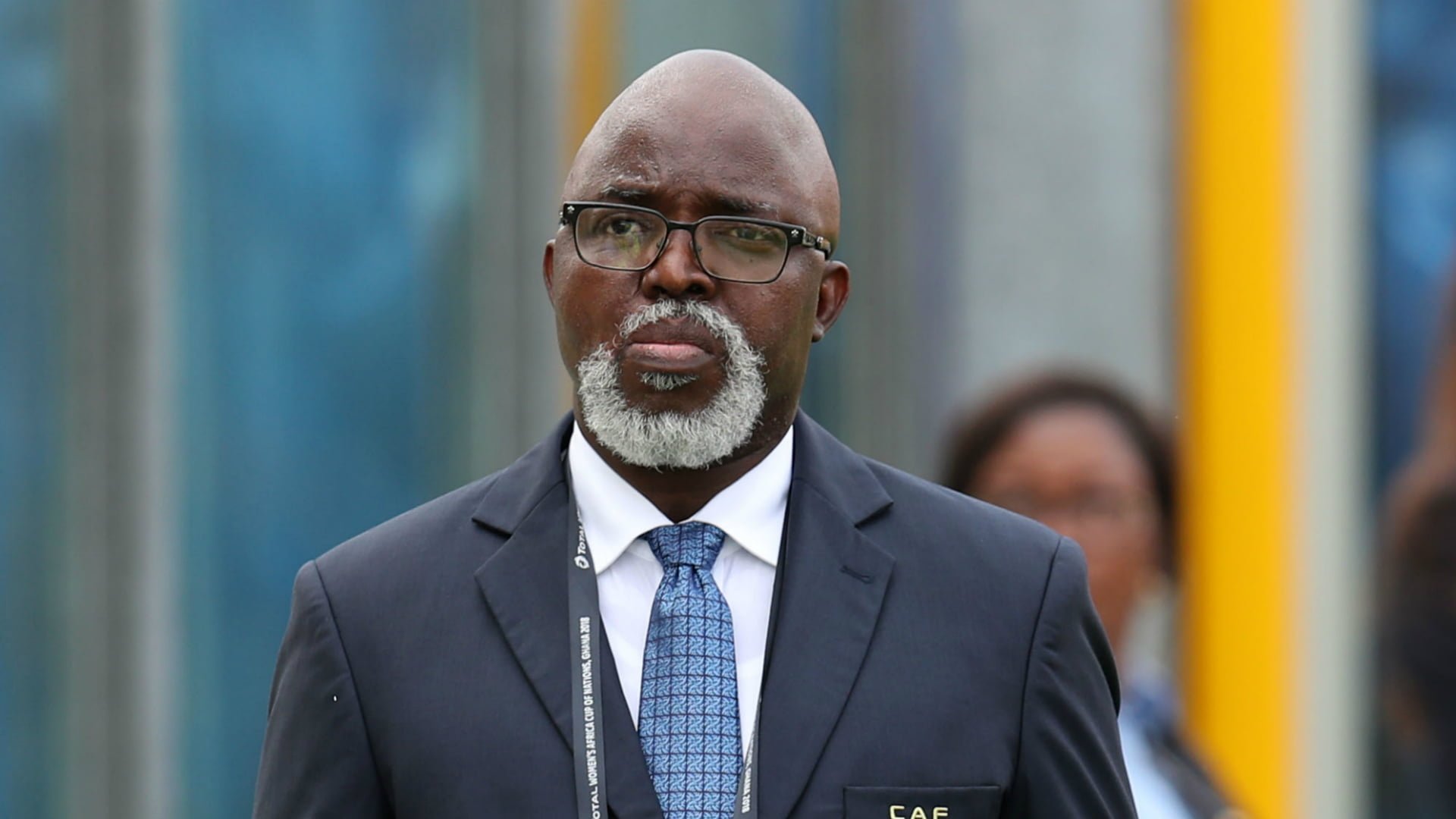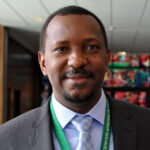A few days ago, a former Nigerian international whose name I am not going to mention, drew my attention to something about the immediate past president of the Nigeria Football Federation (NFF), Mr. Amaju Pinnick. Unsolicited, he sent to me a video in which the FIFA Executive Committee member was speaking on his huge investment in agriculture in Oyo State.
There is no need to go into details but in the video, the renowned football administrator spoke enthusiastically on Brownhill Farms and his choice of Oyo State for the massive investment. He also said the company which is a subsidiary of Brownhill Group will do many things with tomatoes, bananas and plantains to attract forex to Nigeria.
Indeed, the facilities at Brownhill Farms are breathtaking. It is a world class business which is no doubt going to impact positively on the host community. Therefore, it is a welcome development. Obviously, from the time the company was building farm houses and other structures, the locals would have enjoyed multiple benefits. And I believe as long as Brownhill Farms exist, they will continue to enjoy its corporate social impact.
However, when I listened to Pinnick, I did so with mixed feelings and the reason is not far-fetched. Although he is an entrepreneur with interest in so many businesses, Pinnick is more popular in sports where he has acquired fame and so much wealth. It is, therefore, believed that charity should have started at home.
NEITI Report: Questions NNPC must answer
UNGA 78: MPAC bemoans Tinubu’s silence on Palestine
Before he was elected as the Delta State FA Chairman in 2011, Pinnick was the Executive Chairman of the Delta State Sports Commission. At that time, he wasn’t known by many Nigerians. But having maximally used his positions at the state level, he rose to become the president of the Nigeria Football Federation. Although his emergence as NFF president in 2014 was highly controversial, he weathered the storms to see out his first tenure.
While serving as NFF president, he joined international football politics and was elected into the Confederation of African Football (CAF) Executive Committee in 2017 before his re-election as NFF president for a second term in 2018. He was also elected into the FIFA Executive Committee in 2021 after a landslide victory. As a matter of fact, Pinnick exhibited vaulting ambition when he attempted to go for a third term as president of the NFF. Had the Super Eagles qualified for the 2022 FIFA World Cup, nobody would have stopped him from actualising his ambition.
Although he failed to perpetuate himself in power, Pinnick rode on the back of the NFF to international recognition. He is presently one of the most powerful figures in world football. He was instrumental to the defeat of Ahmad Ahmad and emergence of South Africa billionaire, Patrice Motsepe, as the new CAF president. The president of FIFA, Gianni Infantino is his personal friend. I can’t count the number of times the Italian has visited Nigeria. In fact, at one stage, he was a regular face in the Presidential Villa in Abuja. So, whether we like him or not, Pinnick has reached the pinnacle of his career as a football administrator. He has succeeded where many of his compatriots had failed.
However, it is imperative to know that while Nigerian football has offered so much to him, he has rendered so little to the game in terms of its development. His two terms as NFF president actually produced some of the most agonizing moments for Nigerian football fans.
In as much as I do not want to remind anyone of the sad memories, it is necessary to state here that it was during his time that the Super Eagles failed back-to-back to qualify for the Africa Cup of Nations (AFCON) . Both the National U-23 men’s team and the Super Falcons failed to qualify for the 2020 Tokyo Olympics. And his parting gift was the failure of the Super Eagles to qualify for the 2022 World Cup.
And apart from on the field failures, Pinnick’s reign introduced ‘audio money’. This means, Nigerians on daily basis heard and read stories on multi-million-naira sponsorship deals with reputable corporate organisations but the NFF was constantly running to the Federal Government cap in hand for sponsorship to attend international competitions. He always bragged that the NFF was 99.9 per cent financially independent but coaches and players of the national teams were owed salaries and allowances. In addition, clubs that won NFF organised competitions received ‘audio money’ as they fought in vain to claim their prize monies.
While there was no money to run Nigerian football under Pinnick, his personal development continued. One is not saying before he delved into football administration, he was a poor man but no one can deny the fact that football has made him richer, more popular and more powerful. Unfortunately, it is difficult to point at anything substantial he has given back to Nigerian football. Only his cronies who benefited immensely from his positions in CAF and FIFA will think otherwise.
Before he became the NFF president, Pinnick was in charge of sports in Delta State when Warri Wolves were relegated. After some years, the club returned to the Nigerian topflight but shortly before he left the NFF, Warri Wolves were relegated again and are languishing in the Nigerian National League. Presently, there is no NPFL club in Delta State where he comes from.
Furthermore, while some Nigerian football stakeholders are spending their hard earned money to sponsor clubs in the NPFL, nothing of such is coming from Pinnick who has benefited immensely from football. It is doubtful if he can boast of a football club or an academy. Remo Stars owned by a business mogul, Kunle Soname, have one of the best stadiums in Africa. I doubt if Pinnick is thinking of doing something similar.
I don’t talk about what I cannot defend, otherwise I would have said even the FIFA goal project in Ugborodo in Delta State which was fully paid for by a FIFA grant is nowhere to be found. It is alleged that the money was diverted to personal use. So, the renowned football administrator cannot boast of a personal football field or a football academy not to talk of a club. Meanwhile, one of his closest friends, Motsepe, the president of CAF owns Mamelodi Sundowns, one of the biggest clubs in Africa.
It is against this background that I was a bit surprised when I saw Pinnick in the video speaking energetically about a business other than football. While I am happy that he is investing in agriculture, I would have been happier if he had invested in football where he has made fame and money.
Therefore, I want to appeal to Mr. Pinnick to think about giving something tangible back to football. At the moment, one of his predecessors, Alhaji Sani Lulu Abdullahi, is grooming football talents at FOSLA Academy which he established soon after he left the NFF. This noble investment by Lulu is worthy of emulation by Pinnick. He must give back something to Nigerian football or else he will be accused of having cupboard love for the game.
At this juncture, a caveat is necessary. By this article, I do not mean to undermine Pinnick’s contributions to football in Nigeria and the world in general. But he must also invest in football.

 Join Daily Trust WhatsApp Community For Quick Access To News and Happenings Around You.
Join Daily Trust WhatsApp Community For Quick Access To News and Happenings Around You.


